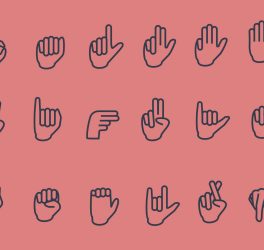
The University of Sydney has been awarded more than $7 million federal funding for research projects harnessing AI to diagnose and treat neurological and mental health disabilities.
Psychologists, mathematicians and data scientists at the University of Sydney are teaming up to investigate how artificial intelligence (AI) and machine learning technologies can guide effective support and treatment for people with neurological disabilities and mental health disabilities.
The two multidisciplinary projects received more than $7 million federal funding to focus on using AI to develop technology to support youth mental health care and to build an extensive AI network for more accurate diagnosis of neurological disorders such as multiple sclerosis.
“The Brain and Mind Centre asks big questions for real-world outcomes. These research programs are based on patient-centred questions, and as such, they draw on collaborations across academic disciplines, health providers and industry partners who bring a unique depth of knowledge to each program.”said Professor Matthew Kiernan.
The Translating AI Networks to Support Clinical Excellence in Neuro Diseases (TRANSCEND) project will build a new, hybrid AI learning ecosystem by training it to recognise biomarkers linked to disease progression of the common, disabling neurological condition, multiple sclerosis.
The project is a collaboration between the University of Sydney, industry specialists in medical imaging and health provider networks.
“Software-generated ‘artificial neural networks’ have demonstrated a remarkable capacity for (generic) image recognition. Despite the clear potential for this technology to transform health delivery, particularly through advances in medical imaging, AI research and implementation has remained the purview of research institutes and technology companies with limited access to real-world data.”
“Mental disorders are the leading cause of disability and death among young people,” said Dr Iorfino.
“A key challenge for youth mental health care is how to make effective clinical decisions about the timing and sequence of interventions, particularly for those with complex needs. This three-year project will use AI to model youth mental health outcomes and quantify the impact of interventions on these outcomes.”








